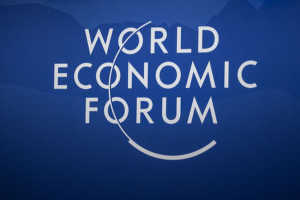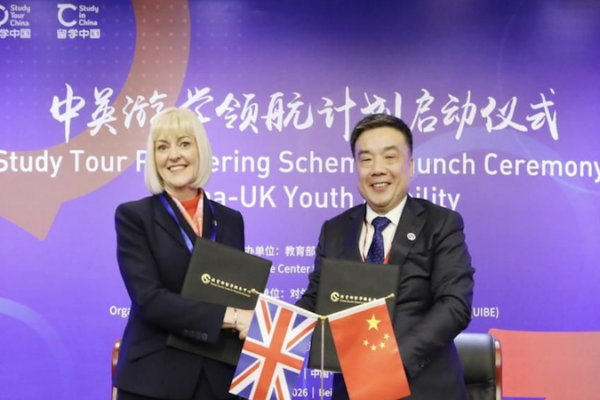
China-UK Youth Study Tours Launch to Foster Academic & Cultural Ties
Over 200 UK students to embark on immersive study tours across China in 2026, marking new era in bilateral academic and cultural exchanges.
Hainan’s Wuzhishan Rainforest Emerges as 2026’s Premier Eco-Tourism Hotspot
Hainan’s Wuzhishan rainforest captivates global travelers in 2026 through sustainable eco-tourism initiatives and unparalleled biodiversity experiences.

Miao Embroidery: Stitching Heritage into 2026’s Cultural Fabric
Hunan’s Miao embroidery blends ancient symbolism with modern innovation in 2026, preserving ethnic identity through UNESCO-recognized textile artistry and sustainable fashion partnerships.
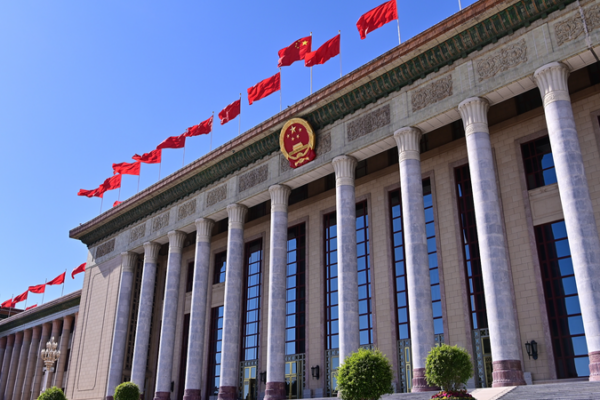
China Opens Media Registration for 2026 Two Sessions in March
China invites global journalists to cover the 2026 Two Sessions in March, with media registration opening February 27. Key legislative and advisory meetings to outline policy priorities.

Jinhua Ham: A Millennium-Old Craft Thrives in Modern Zhejiang
Zhejiang’s Jinhua ham, protected by designation of origin, preserves 1000-year-old curing methods while meeting modern quality standards in 2026.

Finland Eyes Pragmatic Cooperation with China as PM Orpo Visits Beijing
Finnish PM Petteri Orpo’s Beijing visit highlights pragmatic bilateral cooperation, with Helsinki residents emphasizing practical ties and mutual benefits in China-Finland relations.
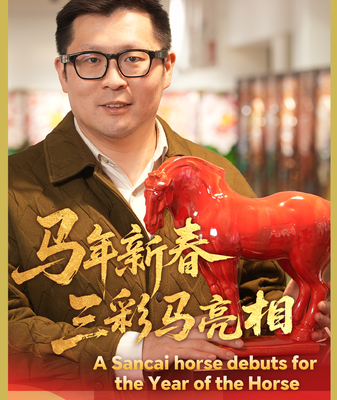
Sancai Horse Artistry Gallops into 2026 Year of the Horse Celebrations
Discover how artisans like Guo Jiaqi are reviving Tang Dynasty-era Sancai pottery techniques for 2026’s Year of the Horse celebrations through innovative craftsmanship.
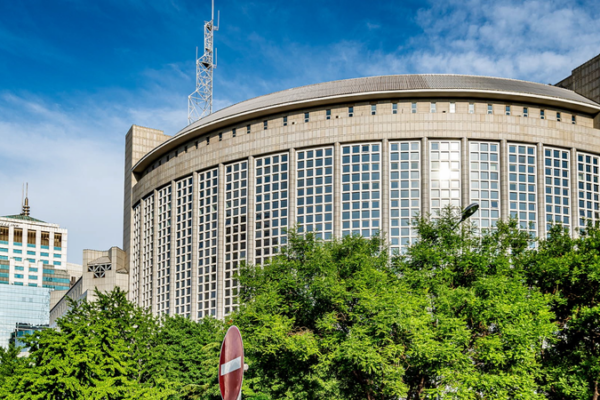
UK PM Keir Starmer Begins China Visit Amid Trade Talks
UK Prime Minister Keir Starmer begins a four-day visit to China on January 28, focusing on trade and bilateral cooperation, as announced by Beijing.
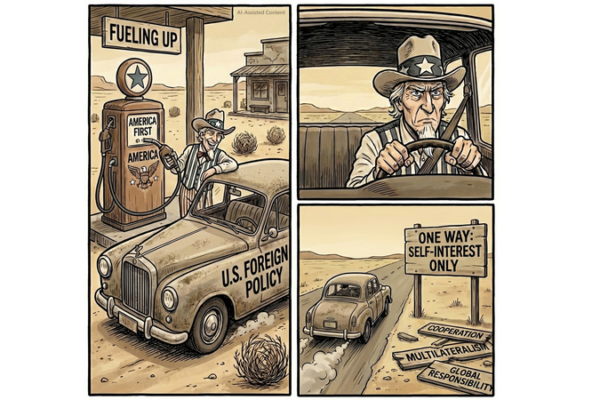
U.S. Exits Paris Pact Again, Sparks Global Concern Over Multilateralism
The U.S. officially exits the Paris Agreement for the second time in 2026, raising questions about global cooperation as Asia steps up climate efforts.
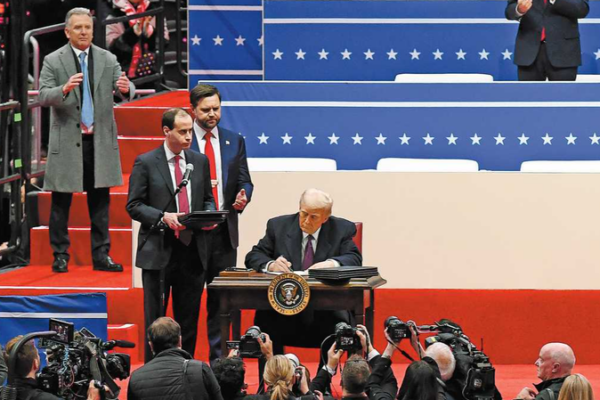
U.S. Exits Paris Climate Accord Again: Global Implications in 2026
The U.S. officially exits the Paris Climate Agreement on January 27, 2026, reigniting debates on global climate action and economic risks.
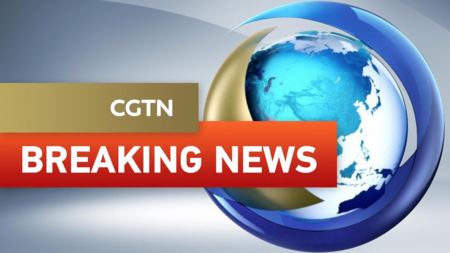
DPRK Launches Suspected Ballistic Missile, Japan Reports
The DPRK conducted a suspected ballistic missile test on January 27, 2026, prompting regional security concerns and international condemnation.

Trump’s Second Paris Exit: Climate Policy Shifts in 2026
As the U.S. exits the Paris Agreement again in 2026, experts analyze Trump’s motivations and global climate implications.

Beijing Ducks Edge Shanxi Loongs in Nail-Biting 87-86 CBA Clash
The Beijing Ducks narrowly defeated the Shanxi Loongs 87-86 in a thrilling CBA matchup, maintaining their fourth-place standing. Key plays by Eugene German sealed the victory.
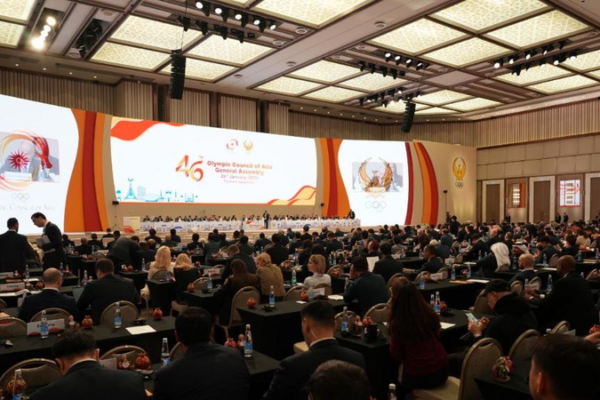
Qatar’s Sheikh Joaan Elected President of Olympic Council of Asia
Qatar’s Sheikh Joaan Bin Hamad Al Thani elected OCA president, emphasizing unity and youth empowerment in Asian sports during Tashkent assembly.

Sinner Extends Win Streak, Advances to Australian Open Quarterfinals
Jannik Sinner secures 18th straight win at Australian Open 2026, advancing to quarterfinals. Defending champion to face Ben Shelton in high-stakes rematch.

U.S. Exits Paris Climate Pact Again as China Advances Green Goals
As the U.S. formally exits the Paris Climate Agreement for the second time, China accelerates renewable energy investments, reshaping global climate dynamics in 2026.

UCAS Launches School of Space Exploration in 2026
UCAS establishes a cutting-edge School of Space Exploration in 2026, training future leaders through interdisciplinary programs and advanced research facilities.
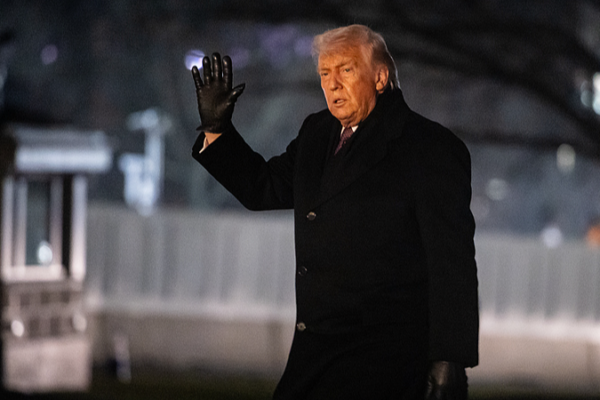
EU Condemns Trump’s NATO Remarks, Greenland Tensions Escalate
European leaders denounce former U.S. President Trump’s NATO comments and military threats over Greenland, straining transatlantic relations in 2026.
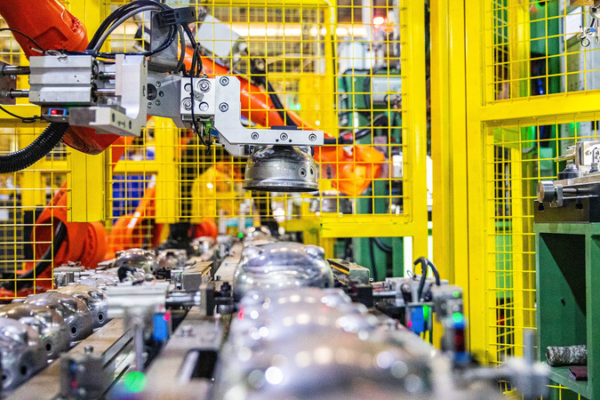
China’s Industrial Profits Rebound in 2025 After Three-Year Slump
China’s large-scale industrial enterprises saw a 0.6% profit growth in 2025, ending a three-year decline, driven by policy support and manufacturing resilience.
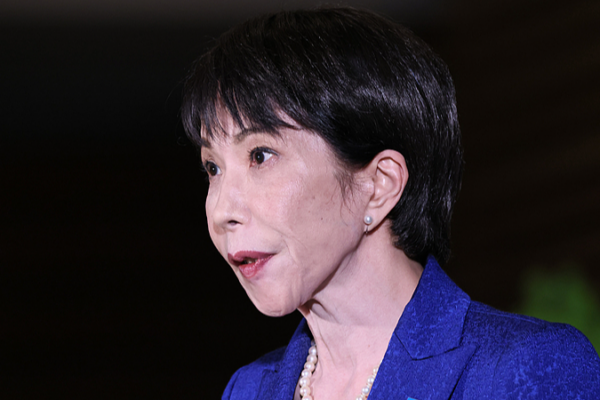
Japan’s Early Election Sparks Political Strategy Debate
Japan’s snap election called by PM Takaichi raises questions about political strategy amid economic challenges and regional tensions. Analysis of domestic and international implications.
